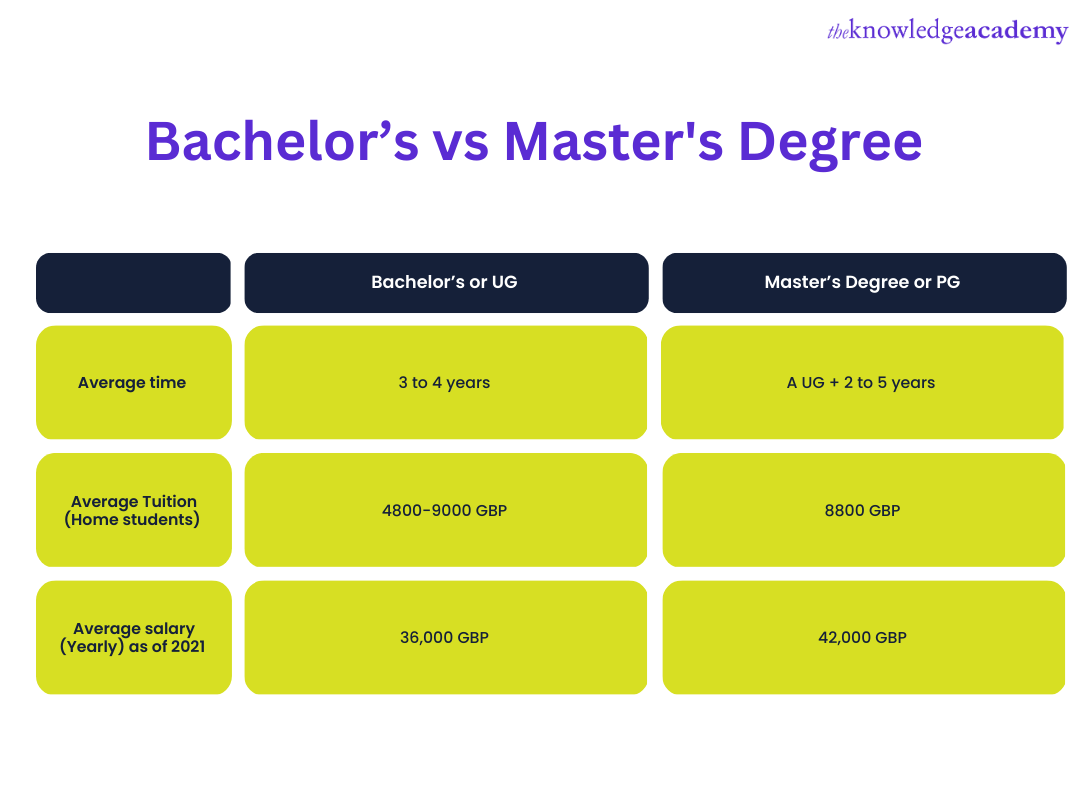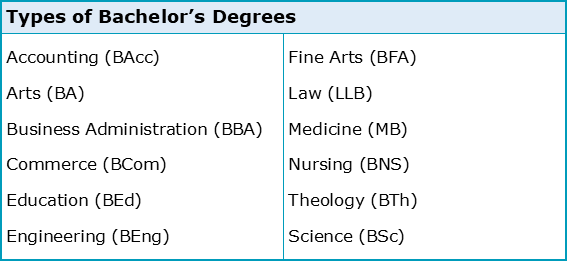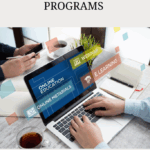The Unforgettable Journey: My Personal Dive into a Bachelor’s Course
Do you remember that moment when you stood at a crossroads? Maybe it was right after high school, or perhaps after a few years in the workforce, staring at a future that felt both exciting and a little bit daunting. For me, that crossroads led straight to a Bachelor’s Course. And let me tell you, it was one of the most transformative decisions I’ve ever made.
This isn’t just an article; it’s my story, an open book about what it truly means to pursue a Bachelor’s degree. If you’re currently pondering whether higher education is for you, or if you’re just curious about what goes on inside those university walls, then pull up a chair. I’m going to walk you through my experience, from the first hesitant steps to the triumphant moment of graduation, and everything in between.
The Starting Line: Why I Chose Higher Education
My own journey began with a swirling mix of excitement and apprehension. Like many, I felt the pressure to "do something" after high school. But it wasn’t just external pressure; there was a genuine curiosity bubbling inside me. I wanted to understand the world better, to delve deep into subjects that fascinated me, and frankly, to open up more doors for my future.
I remember countless conversations with family and friends, all asking, "What’s next?" The idea of a Bachelor’s degree kept coming up. It sounded like a big commitment – typically three to four years of intense study – but it also promised a comprehensive education, specialized knowledge, and a recognized qualification that employers value. For me, the decision boiled down to a desire for personal growth, intellectual challenge, and a solid foundation for a meaningful career path. I knew that investing in a Bachelor’s course meant investing in myself.
Navigating the Maze: Picking a Program and a Place
Once I decided to go for it, the next hurdle was choosing what to study and where. This felt like trying to solve a giant puzzle with a million pieces! I spent weeks poring over university prospectuses, browsing websites, and even attending open days. It’s important to remember that a Bachelor’s degree isn’t just one thing; there are countless fields you can specialize in, from arts and humanities to science, engineering, business, and beyond.
I considered my interests: What subjects did I enjoy most in school? What problems did I love trying to solve? I also thought about potential job prospects, though I tried not to let that completely dictate my choice. After much deliberation, I landed on a program that combined my passion for storytelling with a practical understanding of media. This became my chosen Bachelor’s degree program.
Don’t be afraid to take your time with this step. Researching different university courses is crucial. Look at the curriculum, the teaching style, the faculty, and the campus environment. Ask questions. Talk to current students if you can. This is your future, so make sure it feels right for you.
Life as an Undergraduate: More Than Just Textbooks
Stepping onto campus for the first time felt like entering a whole new world. Suddenly, I was surrounded by thousands of other students, all on their own unique journeys. The energy was palpable, a mix of nervous excitement and boundless potential.
First Days and Fresh Starts
The initial weeks were a blur of orientations, finding my way around, and trying to remember everyone’s name. It was a steep learning curve, not just academically, but socially. I learned to live independently, manage my own time, and build new friendships. This period is a huge part of the student life experience and truly shapes who you become.
The Academic Grind (and Joy!)
Lectures, seminars, tutorials, assignments, exams – the academic side of a Bachelor’s course is demanding. There were late-night study sessions fueled by questionable coffee, moments of frustration when a concept just wouldn’t click, and the constant juggle of deadlines. But amidst the "grind," there was immense joy. The thrill of understanding a complex theory, the satisfaction of writing an essay you’re proud of, and the engaging discussions with professors and peers who shared my passion.
What I found was that a Bachelor’s degree isn’t just about memorizing facts; it’s about learning how to learn, how to think critically, and how to articulate your ideas effectively. These are skills that stay with you long after graduation.
Beyond the Classroom Walls
One of the biggest surprises for me was how much learning happened outside the classroom. University is a hub of activity. I joined a student club, volunteered for campus events, and even took on a part-time job related to my field. These experiences were invaluable. They helped me develop practical skills, expand my network, and gain confidence.
Many Bachelor’s programs also offer opportunities for internships or study abroad experiences. I highly recommend exploring these if you can. They provide real-world insights and can significantly boost your resume, giving you an edge in the job market after you complete your undergraduate degree.
The Big "Aha!" Moments: What I Truly Gained
As the years went by, I started to notice profound changes within myself. It wasn’t just about the grades on my transcript; it was about the person I was becoming.
- Critical Thinking: I learned to question everything, to analyze information from multiple perspectives, and to form well-reasoned arguments. No longer did I just accept things at face value.
- Problem-Solving: Every assignment, every project, every research paper was a mini-problem to solve. This honed my ability to break down complex issues and find creative solutions.
- Communication Skills: Presenting ideas, writing coherent essays, participating in debates – my ability to communicate effectively, both verbally and in writing, improved dramatically.
- Resilience and Independence: There were setbacks, moments of doubt, and times I felt completely overwhelmed. But pushing through these challenges built resilience and taught me to rely on my own capabilities.
- Networking: I built connections with professors, mentors, and fellow students who became lifelong friends and professional contacts. This network is an incredible asset.
These are the true takeaways of a Bachelor’s course, the "soft skills" that are incredibly valuable in any career and in life itself.
Crossing the Finish Line: Graduation and Beyond
The day I walked across that stage to receive my diploma was surreal. It felt like both an ending and a brand new beginning. The sense of accomplishment was immense, a culmination of years of hard work, dedication, and personal growth.
Having a Bachelor’s degree on my resume immediately opened doors. Job applications that might have been ignored before now received attention. During interviews, I could confidently talk about my specialized knowledge and the skills I had developed. It wasn’t just the degree itself; it was the confidence and competence it represented.
My degree wasn’t just a piece of paper; it was a launchpad. It gave me the foundational knowledge and the critical thinking abilities to adapt to new challenges, learn new technologies, and pursue diverse career opportunities. It taught me how to approach problems, how to learn continuously, and how to contribute meaningfully to my chosen field.
A Few Friendly Pointers for Future Students (My Unsolicited Advice)
If you’re considering embarking on your own Bachelor’s journey, here are a few things I learned that I wish someone had told me:
- Do Your Research (Thoroughly!): Don’t rush into choosing a program or university. Explore all your options. Think about what truly excites you.
- Embrace the Entire Experience: Your education isn’t just what happens in lectures. Get involved in clubs, volunteer, seek out internships. These experiences are just as valuable.
- Don’t Be Afraid to Ask for Help: Whether it’s academic support, mental health resources, or career advice, universities have a wealth of resources. Use them!
- Manage Your Time Wisely: Balancing academics, social life, and possibly a part-time job requires good time management skills. Learn them early.
- Build Your Network: Connect with your peers and professors. These relationships can be incredibly beneficial both during and after your studies.
- It’s Okay to Change Your Mind: If you start a program and realize it’s not for you, don’t panic. Many students change their major. It’s better to find your true path than to stick with something you dislike.
Your Journey Awaits
Pursuing a Bachelor’s course was more than just getting a qualification; it was an incredible journey of self-discovery, intellectual awakening, and personal transformation. It challenged me, inspired me, and ultimately, prepared me for the complexities of the world beyond academia.
If you’re standing at that crossroads, wondering if a Bachelor’s degree is the right path for you, I hope my story has offered some insight and encouragement. It’s a significant commitment, yes, but the rewards – the knowledge gained, the skills developed, the doors opened, and the person you become – are truly priceless. Your unique journey awaits, and I have no doubt it will be just as unforgettable.



